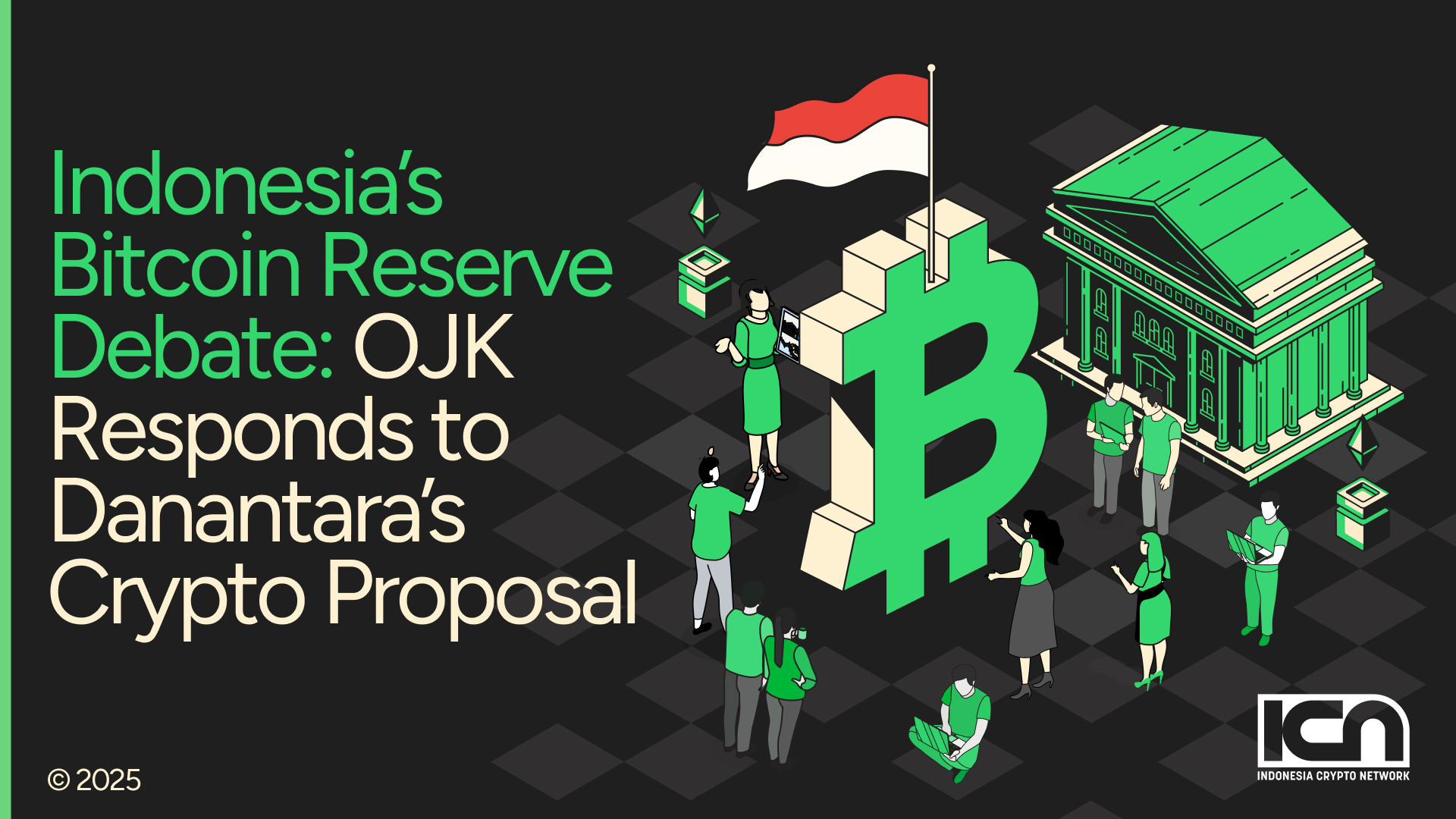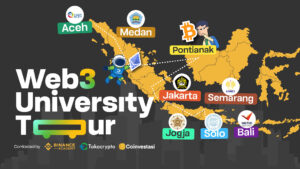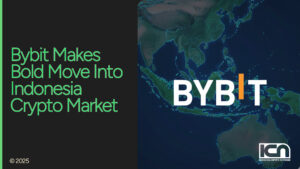📌 TL;DR
- Danantara is Indonesia’s newly proposed state investment agency, akin to Singapore’s Temasek.
- Industry players proposed using Bitcoin as part of Danantara’s reserve.
- OJK (Financial Services Authority) acknowledged the idea as innovative but warned of legal and risk concerns.
- Indonesia currently treats crypto as a commodity, not a financial reserve tool.
- OJK suggests exploring tokenized real-world assets (RWAs) instead.
- Full regulatory oversight of crypto transfers to OJK in January 2025.
OJK Responds to Proposal for Bitcoin-Backed Reserves by Indonesia’s Danantara Fund
Indonesia’s Financial Services Authority (OJK) has responded to a recent proposal suggesting that Bitcoin be used as part of the reserve assets for Danantara, a newly proposed Indonesian sovereign wealth initiative. The suggestion, coming from players in the domestic digital asset industry, represents a potentially bold step toward integrating cryptocurrency into state-level investment strategies.
What Is Danantara?
Danantara, short for Badan Pengelola Investasi Daya Anagata Nusantara, is a state-backed investment entity introduced by the Indonesian government. Its mission is to consolidate and manage state-owned assets (primarily from BUMNs, or state-owned enterprises) to support long-term, sustainable national development—similar in concept to Singapore’s Temasek Holdings.
The Bitcoin Reserve Proposal
The proposal in question, reportedly made by a registered domestic crypto trading entity, suggests that Danantara include Bitcoin as a strategic reserve asset. The rationale? To diversify the fund’s holdings and potentially strengthen the Indonesian rupiah by anchoring part of the reserve to BTC.
OJK’s Response: “Innovative, but Caution Needed”
During a monthly press conference held on May 9, 2025, Hasan Fawzi, Chief Executive for the Supervision of Financial Technology Innovation, Digital Financial Assets, and Crypto Assets at OJK, acknowledged the proposal as a form of innovation. He praised the enthusiasm of domestic crypto players, while firmly reiterating the need for a cautious, regulation-based approach.
“We truly appreciate this innovative proposal. It reflects an active effort to support Indonesia’s financial ecosystem,” said Fawzi. “However, Danantara—as a national institution managing state wealth—must uphold strict principles of risk management, governance, and measurable economic goals.”
While OJK sees value in exploring blockchain-based innovations, it warns against hastily adopting unregulated or high-volatility assets like Bitcoin into official state reserves.
Read more: OJK launches SPRINT App: A Game-Changer for Indonesian Crypto Market
What’s the Regulatory Barrier?
The core issue is legal classification. In Indonesia, Bitcoin is currently designated as a tradable commodity, not a currency or formal financial instrument. The financial authority responsible for crypto—Bappebti (Commodity Futures Trading Regulatory Agency)—still governs digital assets until January 2025, when OJK takes over crypto oversight.
Thus, for Bitcoin to be used as a state reserve asset, significant regulatory groundwork would be required.
Instead of holding Bitcoin directly, OJK suggested exploring other blockchain-based investments with clearer legal grounding, such as tokenized Real-World Assets (RWA). These would involve digitizing tangible assets—like real estate, commodities, or infrastructure—into blockchain tokens with clear economic value.
Read more: Indonesia’s Crypto Market Enters a New Era in 2025
Could Danantara Still Join the Crypto Ecosystem?
OJK has stated its readiness to support innovative proposals, provided they align with existing financial regulations. Furthermore, Danantara could also become a liquidity provider in Indonesia’s equity markets, subject to regulatory approval. This role, typically held by licensed securities brokers, would allow Danantara to contribute to capital market stability.
“Any such participation would need to comply with both OJK regulations and those of the Indonesia Stock Exchange,” said Inarno Djajadi, OJK’s Capital Markets Chief.
From ICN’s perspective, this opens the door to deeper crypto-institutional collaboration—especially around areas like tokenized assets, infrastructure partnerships, and regulated liquidity programs. While Bitcoin reserves may still be a long-term vision, If Danantara’s exploration of blockchain-backed financial roles could be a pivotal milestone.
If your project is navigating these same intersections—between crypto innovation and regulatory clarity—ICN is here to help. We work closely with both private and public sector stakeholders to design strategies that move the ecosystem forward, responsibly.Explore how ICN can help position your project within Indonesia’s evolving financial landscape. Let’s connect.




